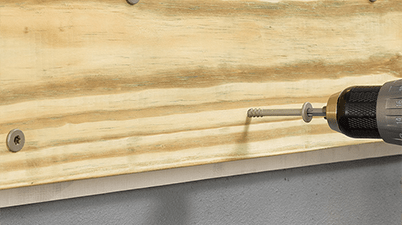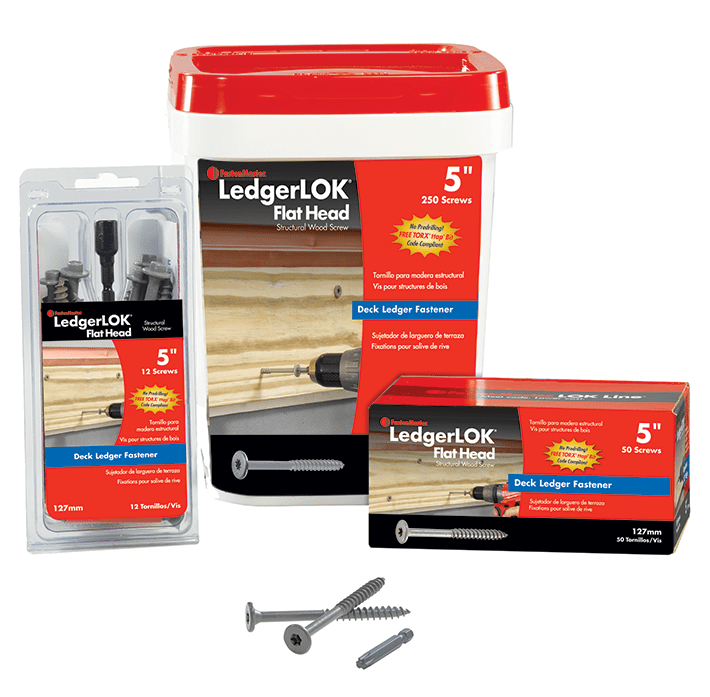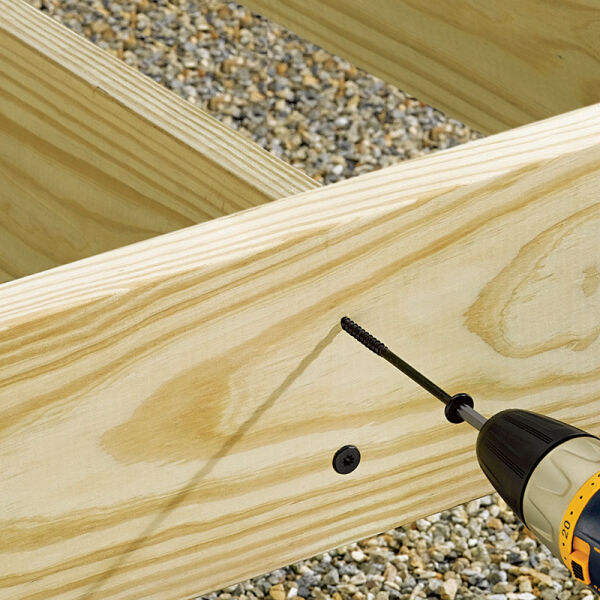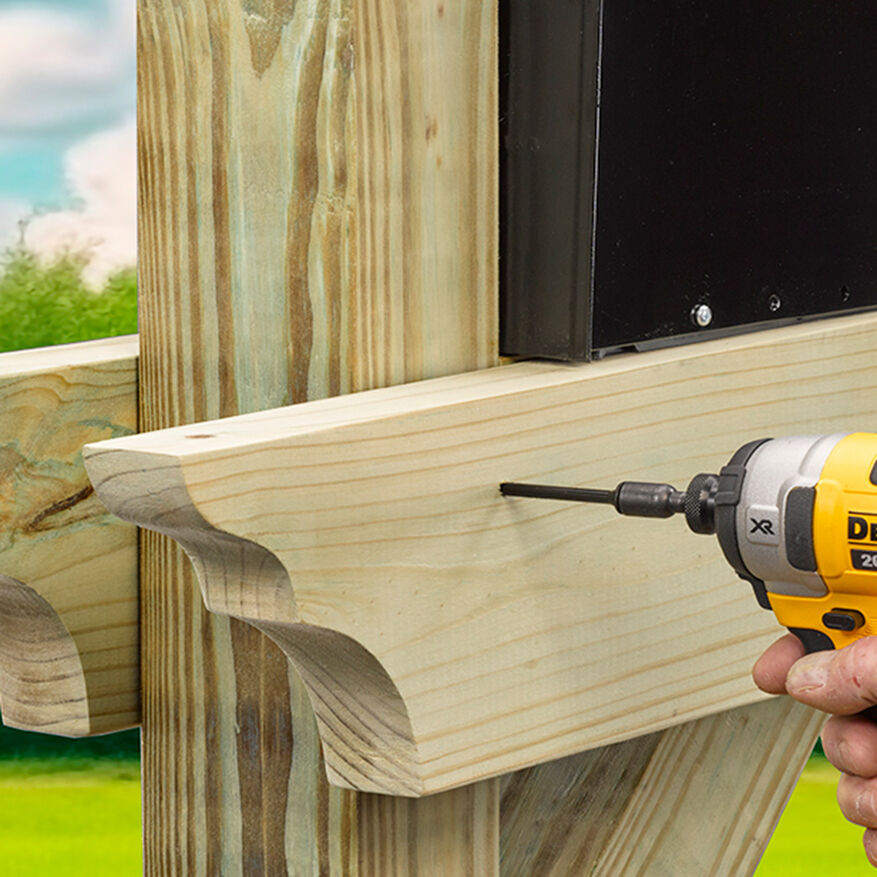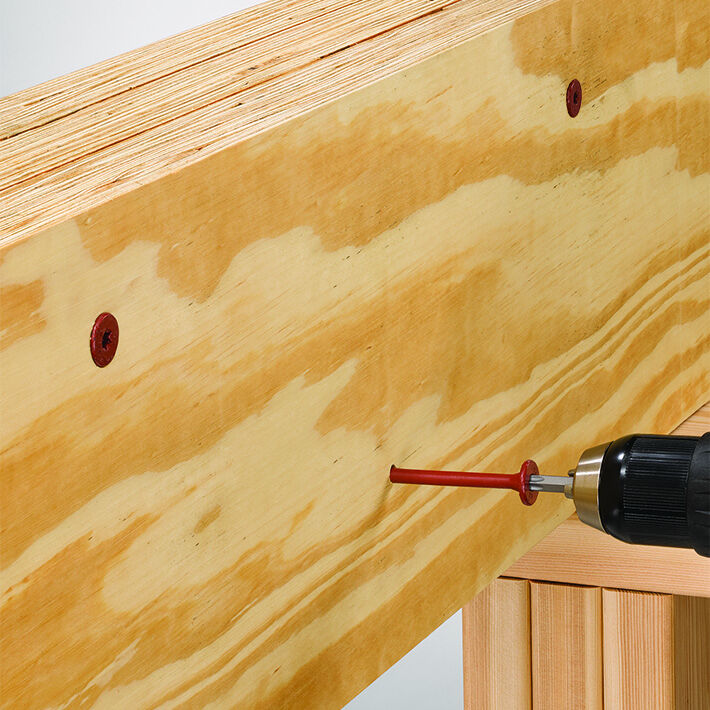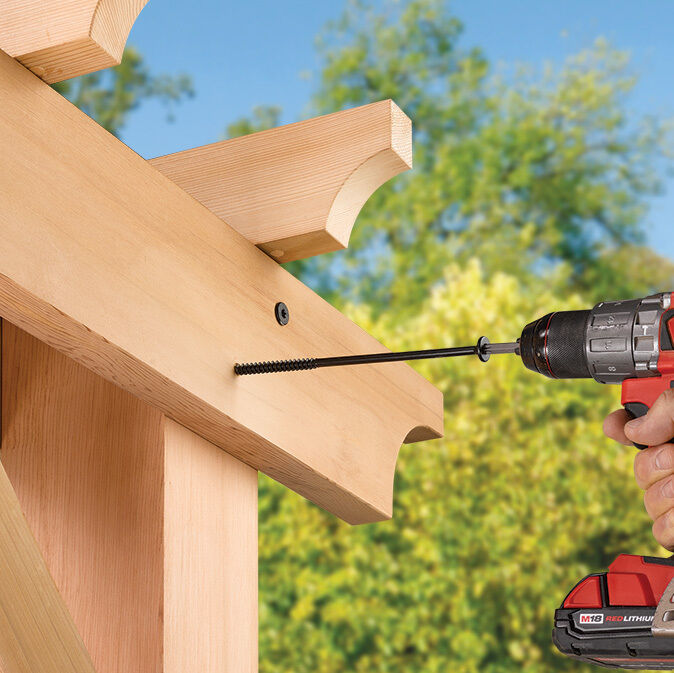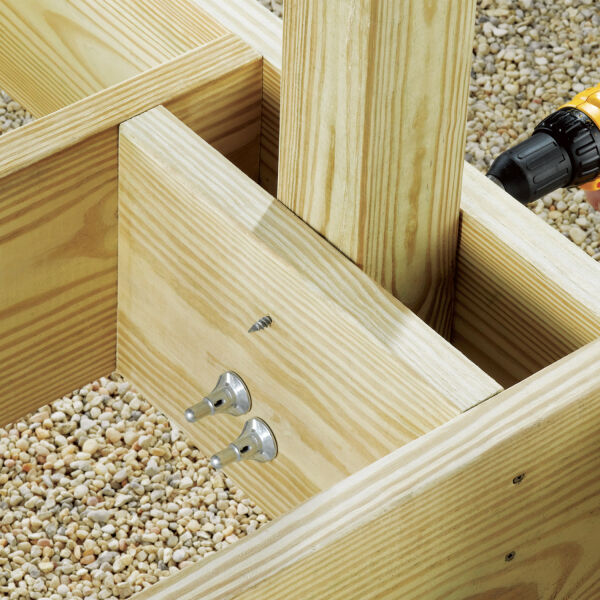When it comes to woodworking and construction, selecting the right screws is crucial for both the integrity and longevity of your project. Among the many options available, long wood screws stand out for their strength and versatility. In this article, we’ll dive into the world of long wood screws by highlighting their advantages and detailing specific products from FastenMaster.
Understanding Wood Screw Sizes
Wood screw sizes are usually specified by two primary measurements: diameter and length:
Diameter
The diameter, often referred to as the “gauge”, determines the width of the screw. The smaller the gauge number, the larger the screw diameter. For example, a 6‑gauge screw has a larger diameter than a 4‑gauge screw.
Length
The length of the screw is measured from the surface of the material to the point of the screw. For flathead screws, the length includes the head, whereas, for round or oval head screws, the length is measured from directly under the head to the point.
Differences Between Screw Lengths and Gauges
The length and gauge of a screw are two distinct characteristics. The gauge, often represented as a number from #0 to #20, represents the diameter or thickness of the screw’s shank. A #0 gauge is the smallest, suitable for delicate work, while a #20 gauge is larger and better suited for heavy-duty tasks.
It is important to consider both of these factors when choosing extra-long screws for wood; a screw that is both long and has a high gauge number will provide a stronger hold, but may require a larger hole and more force to drive into the material.
Determining the Ideal Screw Length in Woodworking
Choosing the ideal length for your long screws for wood can be influenced by several factors.
For most woodworking projects, the rule of thumb is that your screw should be at least twice the thickness of the thinnest piece being joined. For example, if you’re fastening a 1/2‑inch thick board, you would ideally use a 1‑inch long screw. This ensures that the screw has enough depth to hold the pieces together securely.
However, if you’re working with particularly thick materials or need added strength for your project, extra long screws for wood might be necessary.
Always be sure to consider the specific requirements of your project when deciding on screw length.
Advantages of Using Long Wood Screws
Enhanced Strength
Their length allows for a deeper reach into the wood to provide a stronger hold.
Versatility
Long wood screws are suitable for various applications, from framing to decking.
No Pre-Drilling Required
Many long wood screws are designed to be used without pre-drilling in order to save time and effort.

